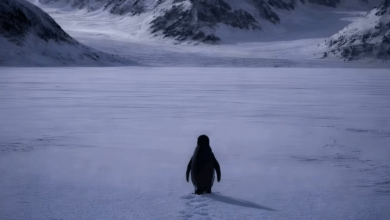Can microplastics actually cause sperm counts to fall?

Microplastics had already been discovered in human blood, placentas and breast milk, highlighting the concerning scale of contamination of people’s bodies. But a recent study published in the journal Toxicological Sciences has found microplastics in even human testicles.
Researchers tested 23 human testes and 47 from pet dogs. The human testes had been obtained from postmortems in 2016, with the men ranging in age from 16 to 88 at the time of their death. The dogs’ testes had been obtained from neutering operations.
Microplastics caused sperm count to fall in mice
The involved scientists found microplastic pollution in every sample tested. They believe the discovery might be linked to declining sperm counts in men, but further research is needed to prove that the microscopic plastics actually cause sperm counts to drop.
Sperm counts in men have been dropping for several years, with a number of studies blaming chemical pollution such as pesticides. Though the exact impact of microplastics on health is as yet unconfirmed, they have been seen to cause damage to human cells in the laboratory.
The human testicles had a higher plastic concentration than that found in the dog testes: 330 micrograms per gram of tissue compared to 123 micrograms. Used in plastic bottles and bags, polyethylene was the most common microplastic found, then came PVC.
In 2023, a different study conducted on a smaller scale also found microplastic pollution in 6 human testes and 30 semen samples. Recent studies involving mice have reported that microplastics caused sperm count to fall and triggered abnormalities and hormone disruptions.
Ubiquitous microplastics and human health
The situation for the younger generation appears even more concerning as there is much more plastic than before. Vast amounts of plastic waste are dumped into the environment every day, leading to the tiny microplastics polluting the entire planet.
Microplastics have been found in the summit of Mount Everest and the deepest oceans too. They enter the human body via food and water and even through the air we breath in. The particles could lodge in tissue and cause inflammation or chemicals in them could cause harm.


